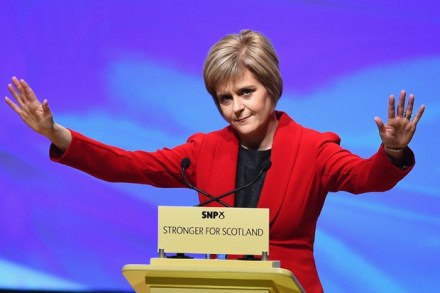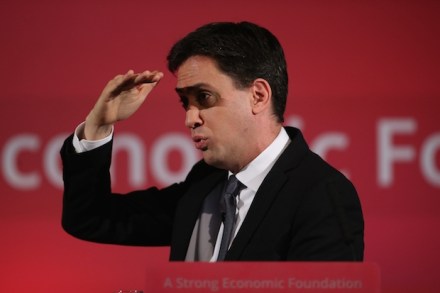Tories six points ahead in new Guardian/ICM poll — but Ashcroft has the main parties tied
The Guardian declared last Friday was ‘the day the polls turned’ — but they have turned again, it seems. ICM has released a new poll today, which puts the Conservatives six points ahead. This pushes the Tories way past the margin of error to 39 per cent, while are Labour on 33 and the Liberal Democrats jump back into third place at eight per cent. Ukip and the Greens are both tied on seven per cent. It’s an extraordinary number that, if it was repeated across the country — particularly given the rise of the SNP in Scotland — it would put the Conservatives into majority territory for the first time. This





















